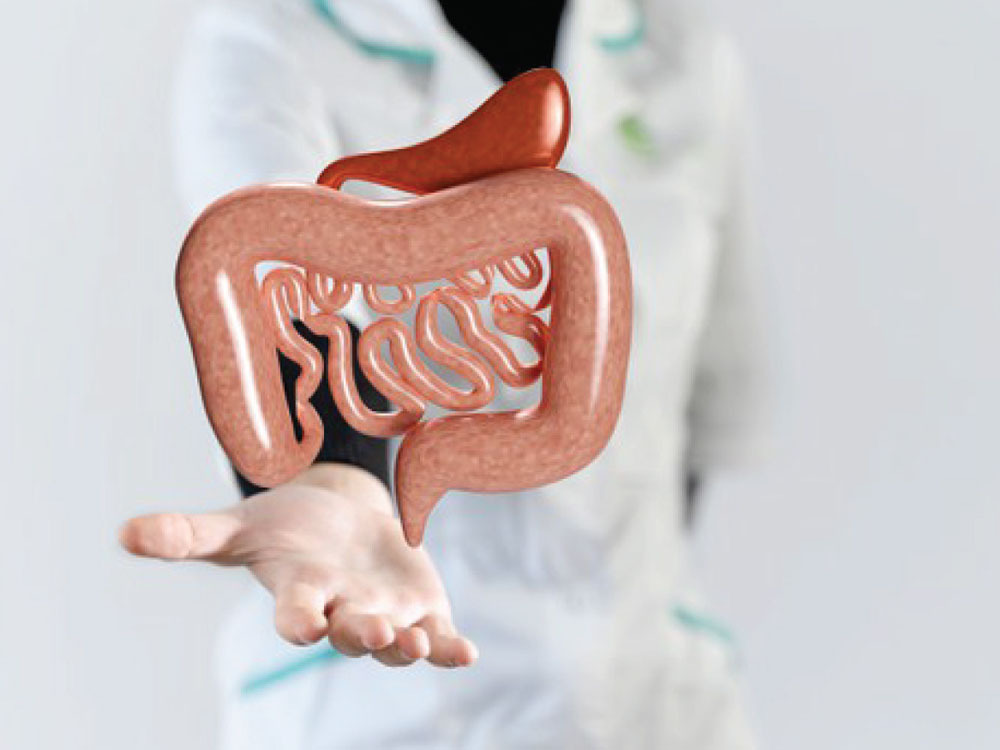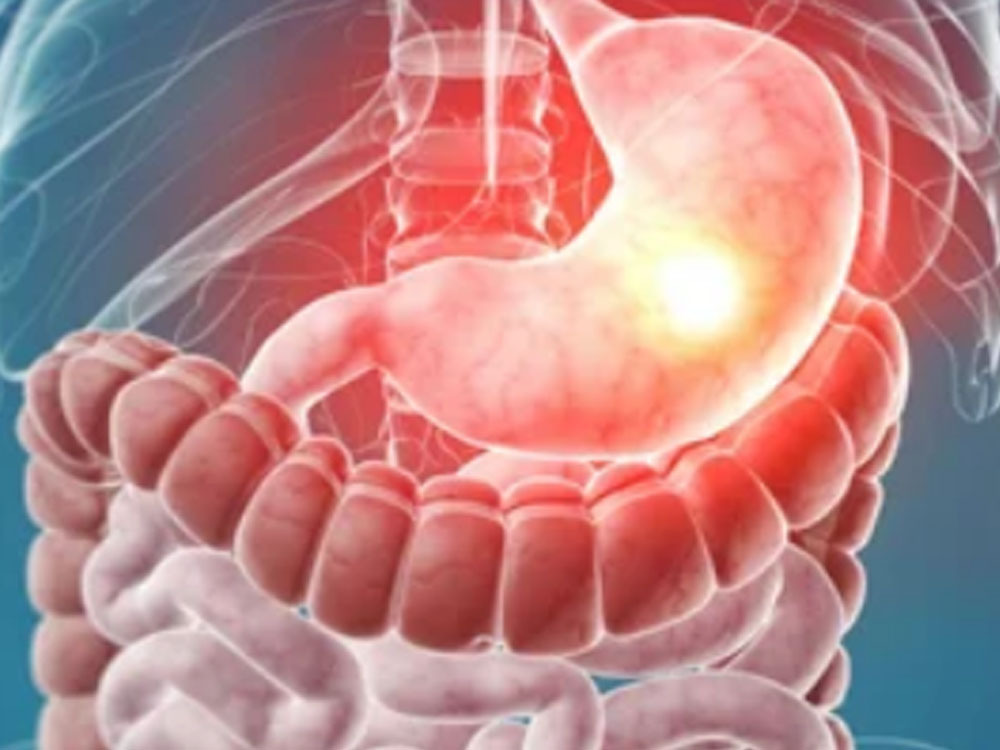Medical gastroenterology, interventional gastroenterology, and hepatology collectively form a comprehensive approach to the diagnosis and treatment of disorders affecting the digestive system and liver. Medical gastroenterology focuses on the non-invasive management of conditions such as inflammatory bowel disease, irritable bowel syndrome, and gastrointestinal bleeding. Gastroenterologists, specialists in this field, employ a range of diagnostic tools including endoscopy, imaging studies, and laboratory tests to identify and manage these conditions. They also play a crucial role in preventive care, emphasizing lifestyle modifications and routine screenings to maintain digestive health. Interventional gastroenterology and hepatology involve minimally invasive procedures to treat a variety of digestive and liver disorders. Endoscopic techniques, such as endoscopic retrograde cholangiopancreatography (ERCP) and endoscopic ultrasound (EUS), are utilized for both diagnostic and therapeutic purposes. In hepatology, interventional procedures like transjugular intrahepatic portosystemic shunt (TIPS) placement and liver biopsy are employed to manage conditions such as cirrhosis and portal hypertension.
These advanced interventions often provide effective alternatives to traditional surgery, with reduced risks and faster recovery times. The integration of medical and interventional approaches in gastroenterology and hepatology ensures a comprehensive and multidisciplinary strategy for addressing the diverse range of disorders affecting the digestive system and liver.


